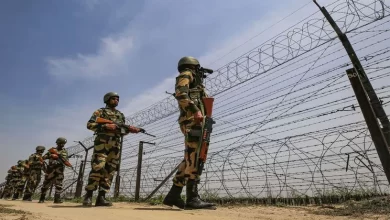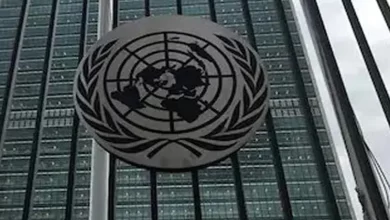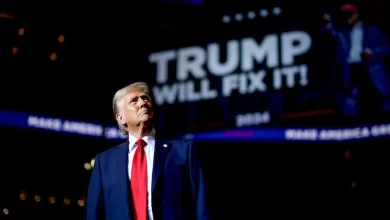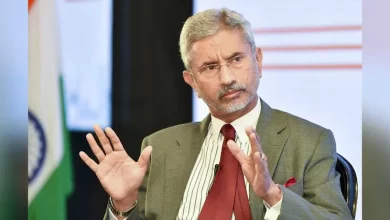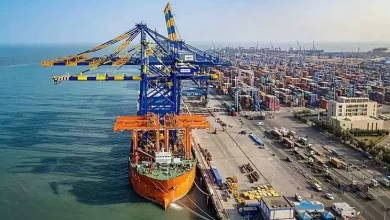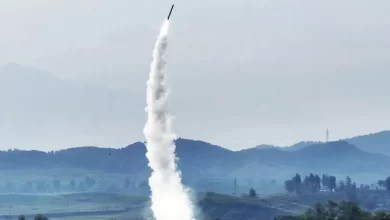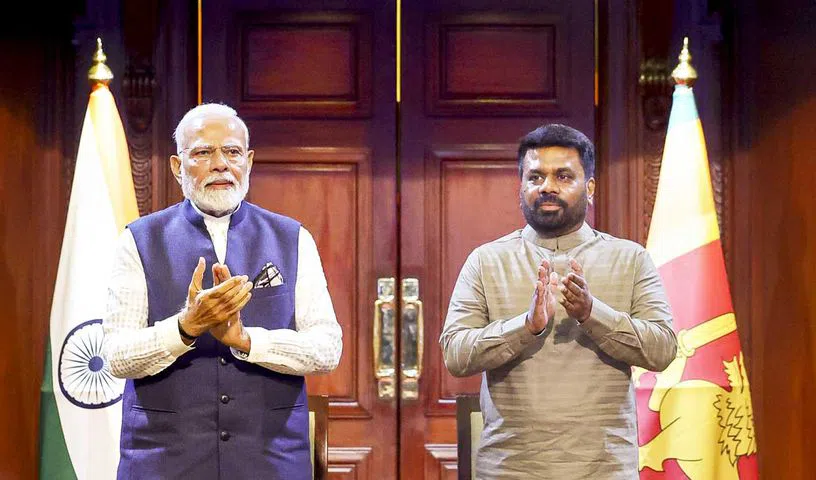
The Prime Minister’s visit to Sri Lanka provided an opportunity to clear the air regarding India’s apprehensions over Dissanayake regime’s possible shift in foreign policy priorities
Prime Minister Narendra Modi’s recent visit to Sri Lanka marked a significant milestone in the bilateral relations for reasons that went beyond optics. Several agreements, including a key defence deal, were signed as the two countries reaffirmed their commitment to deepen cooperation. The three-day visit, the first by any foreign dignitary since the left-leaning Anura Kumara Dissanayake took over as the President of the island nation in September last year, provided an opportunity to clear the air regarding India’s apprehensions over the new regime’s possible shift in foreign policy priorities, given the political background of Dissanayake whose Janatha Vimukthi Peramuna (JVP) has a history of leading anti-India movement in the past, opposing the Indo-Lanka Accord of 1987 and the operations of the Indian Peace Keeping Force (IPKF). However, much has changed since then. Dissanayake has since transformed himself into a pragmatic leader anchored in leftist ideology and focused on anti-corruption reforms. In fact, Dissanayake’s coalition — National People’s Power (NPP) — was the winner even in the Tamil-dominated Jaffna Peninsula for the first time since the country’s independence from Britain in 1948. This demonstrates how the promise of economic betterment is far more important for people than the politics of ethnic identity. The fact that Modi was given a red carpet welcome and bestowed with the country’s highest civilian award demonstrates an enduring bond between the two countries. One of the most notable outcomes of the visit is the first-ever comprehensive defence cooperation agreement that includes knowledge exchange programmes, tri-services training and joint research in defence technology.
India already provides specialised training to around 750 Sri Lankan military personnel annually, and both nations frequently engage in joint exercises. The new agreement formalises this long-standing cooperation, signalling a strategic realignment in the Indian Ocean Region. This enhanced defence cooperation comes against the backdrop of India’s concerns over China’s expansionist military presence in the Indian Ocean Region. The two sides inked a total of ten agreements covering energy, defence, digital transformation, debt restructuring, and health and medicine. Modi’s visit came at a crucial time for Sri Lanka, which is still grappling with the aftershocks of its 2022 economic crisis. In a strong message of regional solidarity, the Prime Minister reaffirmed India’s steadfast commitment to supporting Colombo’s economic recovery. Another major highlight of the visit was the signing of an agreement to connect the electricity grids of India and Sri Lanka, enabling energy trade between the two countries. This is set to be a game changer for energy security and integration in the region. Further strengthening trilateral cooperation, a strategic agreement between India, Sri Lanka and the United Arab Emirates was signed to develop Trincomalee as a regional energy hub. This initiative aligns with India’s broader ‘MAHASAGAR’ vision, which seeks to ensure peace, prosperity and partnership across the Indian Ocean Region.

